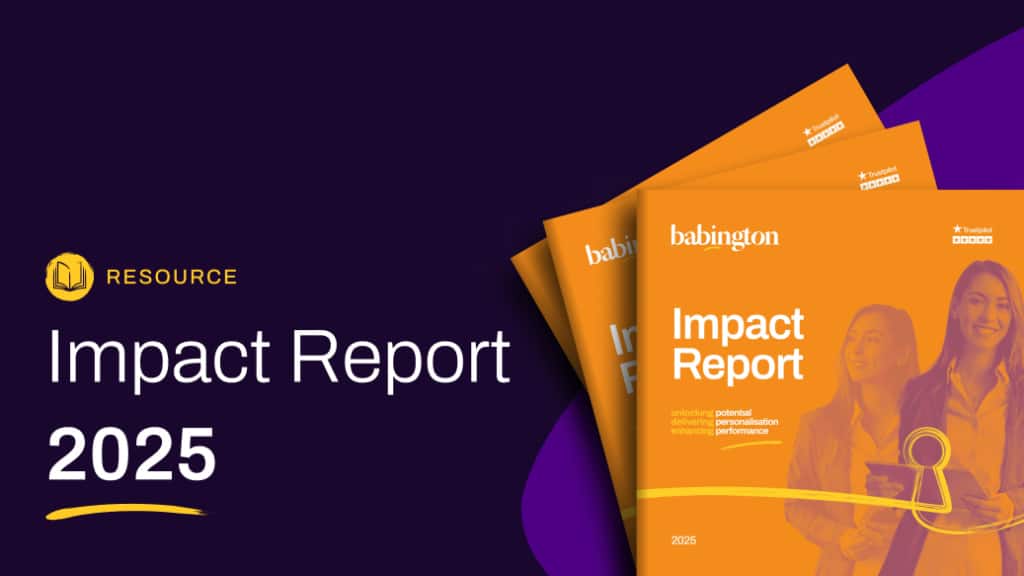
Meet the team
Who we are and what we do
Additional Learning Support Coaches
Rob Kershaw, Sam Burton, Gervais Meacham
Our dedicated ALS team has a wealth of experience of supporting learners. All with a background in teaching, learning, apprenticeships and specialist support provision, the team provide an initial assessment of learners needs to create a support plan recommending strategies to remove any barriers to learning.

Additional Learning Support
How do we help?
Our ALS team aim to support learners who have disclosed a disability, learning difficulty or medical condition by ensuring the key principles of the Equality Act 2010 and the SEND Code of Practice 2015 are followed. Any learner disclosing an additional learning need or disability will be allocated to a specialist ALS Coach for the sector area their apprenticeship is aligned to.
A further assessment will be carried out to understand the learner’s support needs, the support they have received in previous education, training or employment provisions and what support they feel they will need during their apprenticeship with Babington. The ALS coach will then create a support plan based on these needs and 1:2:1 support can be provided by the Skills Coach and ALS Coach where required.
Support is reviewed quarterly to ensure it is still required and of an appropriate level. This can be adjusted at any time to ensure all learners have equitable access to our apprenticeship programme content, resources and support here at Babington.

Many ways to help
What can our support cover?
We provide different types of support tailored to the situation and the individual involved. Examples inlcude:
- Supported enrolment with an ALS Coach – To identify any reasonable adjustments before learning starts.
- Reviewing programme resources for specific learning needs and if required adaptation – To ensure accessibility.
- Receiving programme resources in advance– to enable familiarisation with course content prior to scheduled sessions.
- 1:2:1 support sessions with an ALS Coach– to overcome barriers to learning:
- Developing study and revision techniques
- Task, time and focus management techniques
- Planning, drafting and proofreading support
- Assistive technology support and guidance.
- Exam access arrangements and reasonable adjustments for assessments in line with relevant policies and procedures.
- Supporting conversations with employers to enable reasonable adjustments in the workplace.
- Advice and guidance regarding next steps to formal assessment and diagnosis of learning difficulties and disabilities.
- Attending EHCP reviews, where required.
- Referrals and sign posting to external support organisations and our internal Safe and Sound team for wellbeing support.






